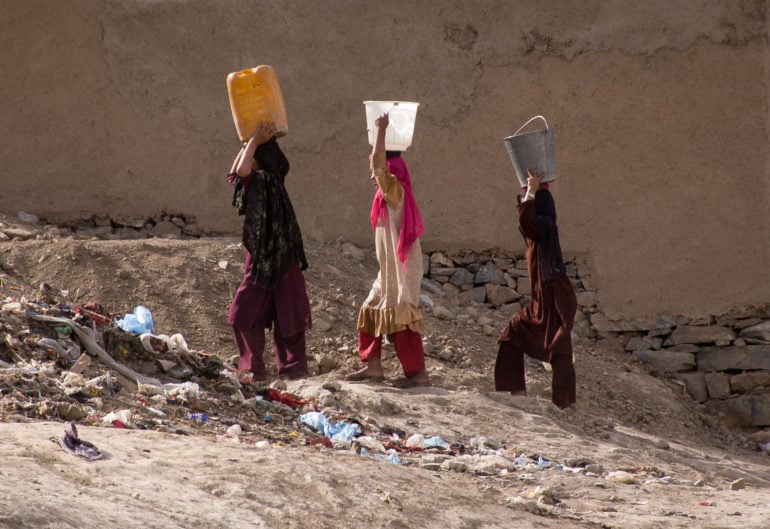There’s one trait that runs deep in the Australian startup ecosystem and it’s generosity. We are a generous bunch of people who are more than happy to help where we can.
It’s that generosity that drew me to this space.
My foray into the startups began in Bangkok when I was 19. I’m now 27 and I’ve been leading the entrepreneurship program SPARK Deakin at Deakin University for five years. I’ve served as a director of a small listed company and founded Australian South Asian Centre – a community of impact driven entrepreneurs, creatives and leaders.
In 2013 I was a bright-eyed first year law student who had dreams to work in the humanitarian sector. I went off to Bangkok to be an Australian Youth Ambassador for Development and worked with hundreds of refugees and asylum seekers from across the world.
Most days I did legal work and ad-hoc interpreting from Punjabi to English when we had no interpreters but it was there I first learned about the power of entrepreneurial skills in helping restore a sense of dignity and empowerment for Tamil women who were refugees and had been for years.
That placement opened my eyes to the possibilities when we consciously use entrepreneurship as a vehicle to empower people and the intersection of philanthropy and business.
When I saw what was unfolding in Afghanistan, I reached out to Afghan people in Australia and my contacts in the US and UK via Linkedin.
Helping Firash
One of the people I spoke to was Firash (his name has been changed to protect his family) who lives in Melbourne and has ambitions to start his own data analytics startup someday.

Afghan school children during the drought of summer 2019 Photo: AdobeStock
He loves how technology can be used to make things more efficient. He then told me about his younger sister, a bright go-getter who graduated with a computer science degree but right now she is stuck in Kabul and her life is in danger.
Being on a humanitarian visa for 10 years, Firash hasn’t been able to bring his sister to safety nor has he had the headspace to start a business (in fact the visa rules make it difficult to do so).
I think people like Firash deserve better than this, he is indeed very grateful to be in Australia but more than that he deserves to know his family will be safe –
Here’s how you can help people like Firash:
- Be an ally of Afghan people. This means understand what has happened and amplifying voices of Afghan people – some people I get my information off include theafghan , Mahboba Promise (an Australian Afghan woman who has worked tirelessly to help women and children with next to no government funding) and Pashtana Durrani
- Don’t stay silent – show our elected leaders that you care about this. Email your local MP in a personalised way about increasing our humanitarian intake and prioritising Afghan women and children who are high risk. If Firash’s citizenship didn’t take 10 years, he might have been able to bring his sister over and get started on his entrepreneurial dreams. ActionforAfghanistan is a letter you can send but remember personalise the introduction first as MP’s are more likely to respond to you if you do that. Here’s an example of what I sent. At best they will listen, at worst history will have in writing that we the Australian startup leaders took action and helped those in need.
- Connect with Afghan people in your network: rather than just asking “are you ok” (no one really is right now) – be proactive and offer specific support as they are unlikely to ask for that. For example you could offer to fill immigration visa forms, write a letter to go with the application on your company letterhead about the person’s character, email the minister on their behalf or offer financial support directly to them.
- Donate to Afghan women led charities– this won’t do much in the very short term (banks are still closed in Afghanistan) but it’s essential for longer term initiatives. I’ve been advising a campaign called #Camp4Afghanistan in partnership with Mahboba’s Promise which is taking place this weekend. You can find their website here or follow them on Instagram. There are many other campaigns too, I’d advise supporting multiple.
Australian South Asian Centre (ASAC) in partnership with CORE Foundation (US) is working with our US and UK startup allies to help 150 Afghans still stuck in Kabul with family in Australia. You can reach out to us here.
- Views are my own and not those of Deakin University or any government agency.
* Daizy Maan runs the entrepreneurship program SPARK Deakin at Deakin University and founded the Australian South Asian Centre.




















Trending
Daily startup news and insights, delivered to your inbox.